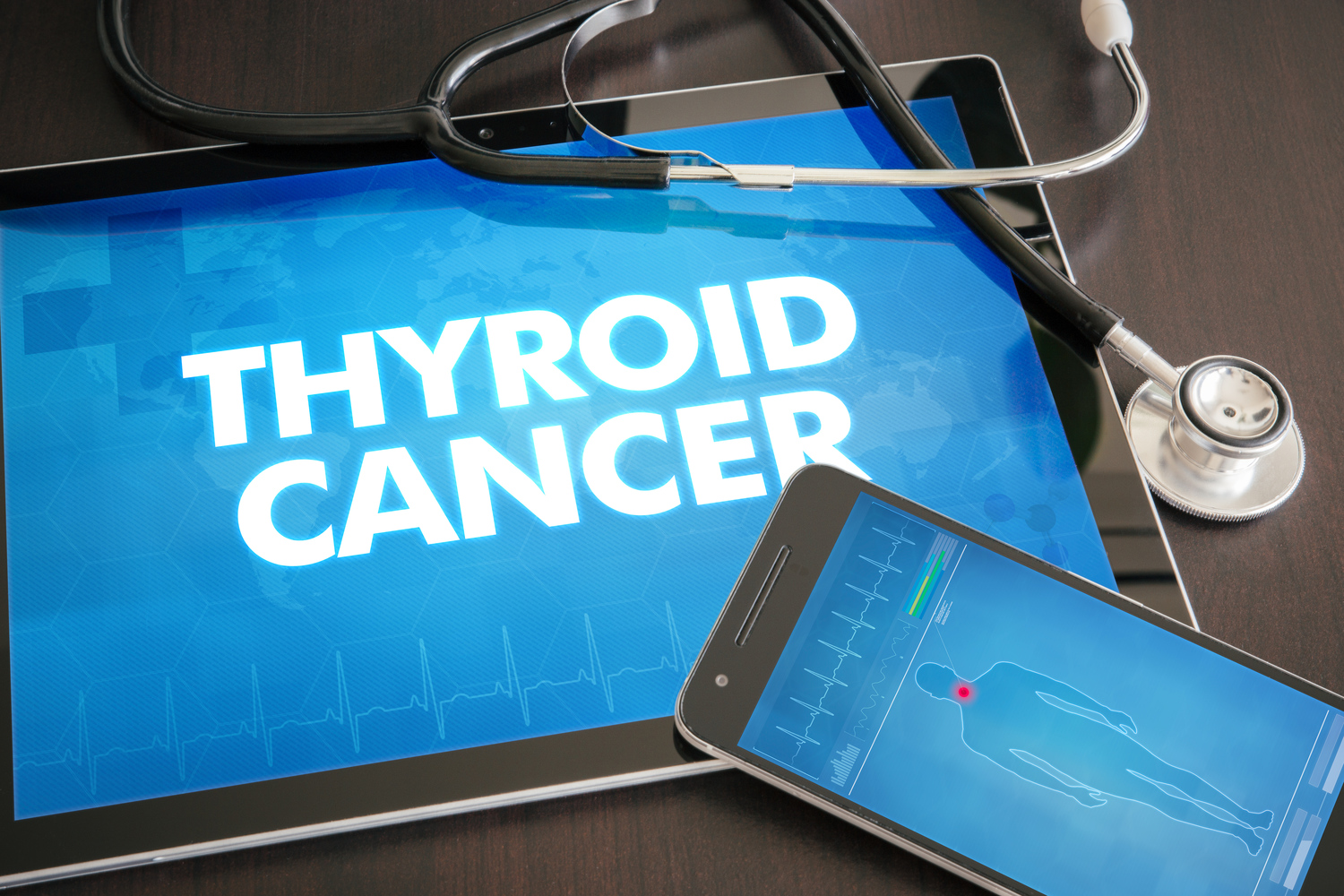
Treatment Options for Papillary Thyroid Cancer
Large ductless gland that secretes hormones regulating growth and development of the human body is the thyroid gland. It controls the normal metabolism of the body, thereby controlling all the physiological functions of the body. The tissues of the thyroid gland can develop some tumor cells due to mutation, which ultimately forms thyroid cancer. This cancer can spread to neighboring cells and cause the thyroid gland and neck to swell.
1. Signs and symptoms
Different types of thyroid cancer show a varied range of signs and symptoms in patients. In many cases, people fail to show or develop any symptoms for the early stages of cancer. Some of the common symptoms of this cancer include:
- Hoarseness
- A lump near Adam’s apple, in the neck region
- Bloated glands in the neck
- Difficulty in swallowing.
- Trouble in breathing
- Pain in the neck or throat
- A cough that continues and is not caused by a cold
2. Types of thyroid cancer
The treatment and prognosis of the disease depend on the types and its level of severity. There are different types of thyroid cancer which include:
- Papillary Thyroid Cancer (PTC)
The most common form of all the types of thyroid cancer is papillary thyroid cancer. This cancer arises from the follicular cells, which synthesize the thyroid hormones. It can occur at any age but mostly around 30 to 50 years.
- Follicular Thyroid Cancer
This type of cancer occurs in the follicular cells of the thyroid gland. It usually occurs after the age of 50 and is rare and has severe effects on the body.
- Medullary Thyroid Cancer
This cancer occurs in the C cells of the thyroid gland, which synthesizes the calcitonin hormone. The high level of this hormone indicates the presence of this cancer.
- Anaplastic Thyroid Cancer
Anaplastic thyroid cancer is a rare and fast-growing cancer that is very tricky to treat. This cancer occurs in adults 60 years and above.
- Thyroid Lymphoma
This is also a sporadic form of thyroid cancer. This cancer occurs in the immune system of the thyroid, and the cells divide rapidly. This condition occurs typically in older adults.
3. Treatments available for papillary thyroid cancer
The treatment of thyroid cancer depends mostly on the types of thyroid cancer as well as its level of infection. In the case of papillary thyroid cancer, surgery is recommended with or without radioactive therapy. This is done to remove the tumor cells from the affected region. Once done, continuous tests are necessary to keep a check on the condition of the body.
Radiation therapy is also beneficial in treating the early stages of papillary thyroid cancer. Chemotherapy and thyroid hormone therapy is also used to treat this cancer. The patient needs to go for regular checkups and medications after the treatment. Apart from this treatment, a patient requires support and care to recover from the after-effects of this deadly disease. Make sure you consult a doctor for a thorough prognosis on your condition. Different types of thyroid cancer require different treatment methods.



